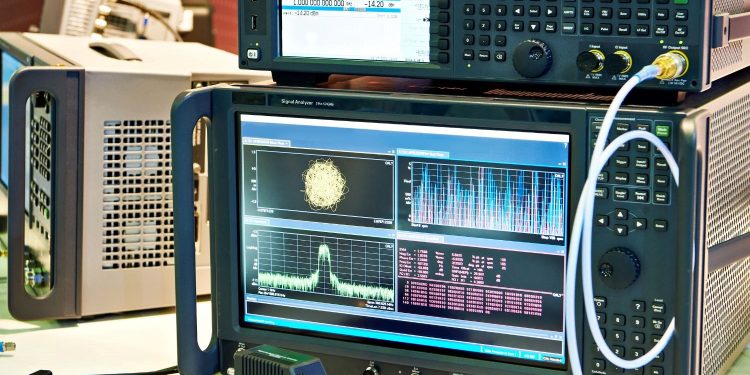Discover the many benefits of spectrum analyzers, from ensuring signal analysis precision to identifying interference to system design and troubleshooting.
In today’s fast-paced digital world, understanding the quality and characteristics of electronic and radio frequency signals is paramount—that’s why spectrum analyzers are critical components. These powerful tools are vital for professionals across numerous sectors, from telecommunications to broadcasting. Read on to learn about the benefits of spectrum analyzers for signal analysis.
Providing Precision in Signal Analysis
One of the standout features of spectrum analyzers is their precision. These tools allow for accurate identification and measurement of signal components. By providing clear and detailed visualizations of signal frequencies, spectrum analyzers allow engineers and technicians to pinpoint and address any signal discrepancies or anomalies with greater efficacy.
Identifying and Mitigating Interference
Signal interference can disrupt communication channels and reduce system performance. Spectrum analyzers are crucial in detecting unwanted signals or noise that might interfere with the desired signal. By identifying these rogue frequencies, professionals can swiftly eliminate or reduce their impact, ensuring uninterrupted signal transmission.
Supporting Network Optimization
For telecommunication providers, delivering consistent, high-quality service is the goal. Spectrum analyzers aid in network optimization by assessing signal quality and performance. Network engineers can adjust and fine-tune their systems by analyzing these parameters to offer optimal signal strength and clarity, benefiting the end-users.
Facilitating System Design and Troubleshooting
Beyond monitoring, spectrum analyzers are indispensable in electronic and communication systems’ design and troubleshooting phases. Engineers rely on these devices to validate their designs against real-world signal conditions. When system anomalies occur, these analyzers can quickly provide insights into the root causes, speeding up the troubleshooting process.
Utilizing Different Types of Spectrum Analyzers
Spectrum analyzers are not one-size-fits-all tools; there are various types of spectrum analyzers that cater to different needs. Real-time spectrum analyzers offer simultaneous frequency and time domain analysis. Portable or handheld analyzers are designed for fieldwork, while vector signal analyzers are tailored for complex modulated signals. Understanding their distinctions allows professionals to choose the right tools for their tasks.
Now that you know the benefits of spectrum analyzers for signal analysis, it’s clear to see why they are considered invaluable in electronic signal assessment. These tools ensure precision and facilitate optimal system performance, design, and troubleshooting.




